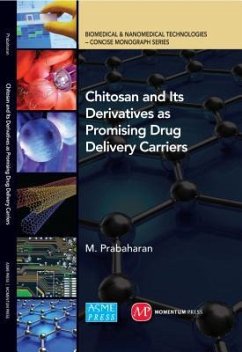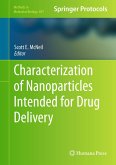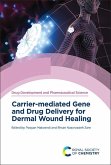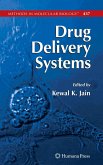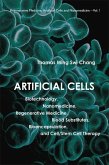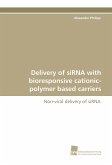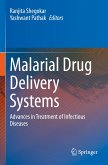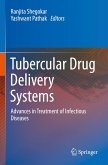Chitosan, a natural based polymer obtained by alkaline deacetylation of chitin, is non-toxic, biocompatible, and biodegradable. These properties make chitosan a good candidate for the development of conventional and novel drug delivery systems. Recently, there has been a growing interest in the chemical modification of chitosan in order to improve its solubility and widen its applications. Chemical modification of chitosan is useful for the association of bioactive molecules to the polymer and controlling the drug release profile. Chemical modification will introduce desired properties and enlarge the field of the potential applications of chitosan with the choice of various types of side chains. In this monograph, recent studies on the various types of chitosan microspheres are discussed from the viewpoint of drug delivery applications. Moreover, different types of chitosan derivatives developed as controlled drug delivery carriers and their preparation methods are discussed in detail. The modifications discussed here include amphiphilic chitosan derivatives, N-(aminoalkyl) chitosan, carboxymethyl chitosan, thiolated chitosans, phosphorylated chitosan, etc. Special emphasis has been given to the development of chitosan-based polyelectrolyte complexes, graft copolymerized chitosan and chitosan-based stimuli-responsive hydrogels as drug delivery carriers. The reviewed studies lead to the conclusion that chitosan derivatives are promising materials for the controlled delivery of various types of therapeutic agents.
Bitte wählen Sie Ihr Anliegen aus.
Rechnungen
Retourenschein anfordern
Bestellstatus
Storno

